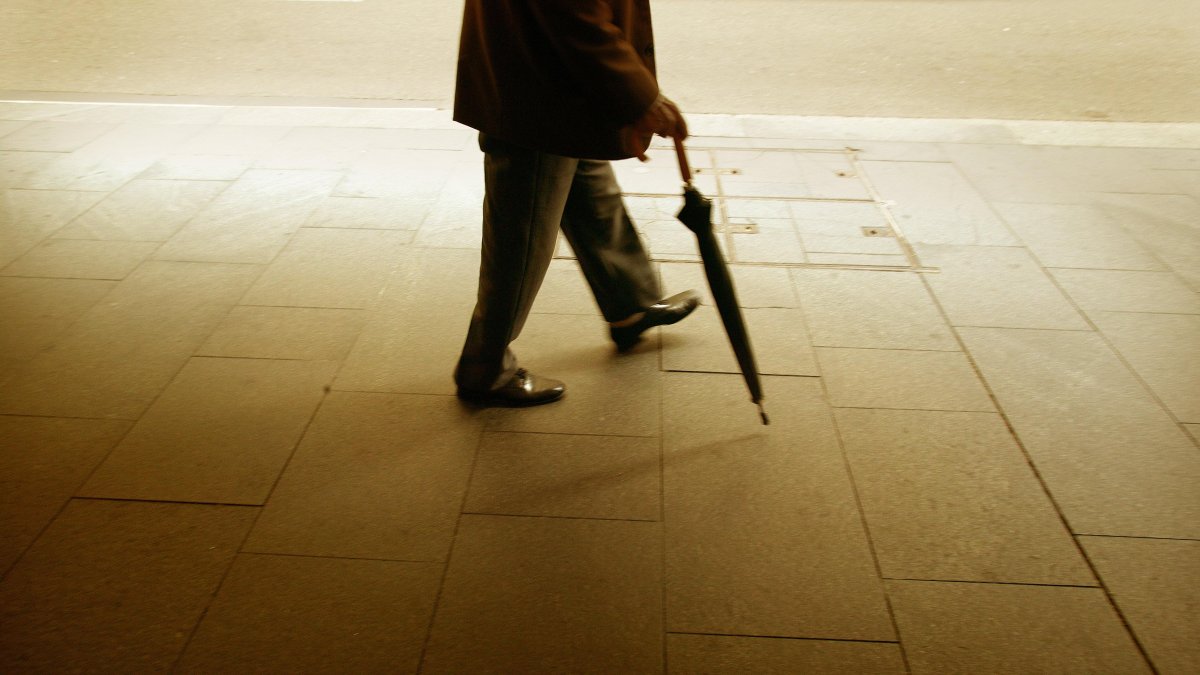NEW YORK – New York’s most vulnerable people have become targets of robberies and attacks in all five boroughs. These include older people who are increasingly victims of theft and violent assault.
Data from the New York Police Department shows a 15% increase in crimes against seniors this year.
New York City Department of Elderly Commissioner Lorraine Cortés-Vázquez said crimes against the elderly currently have more serious consequences because they tend to be more violent. This is why, in collaboration with the authorities, it is looking for solutions to protect the elderly.
“We will see how we can adjust certain rules and the type of crime to change the names of the elderly. This, for the sentence to be higher, is fatal for an elderly person,” commissioner Lorraine Cortés-Vázquez told Telemundo 47.
Recommendations for the elderly
For now, the authorities advise the elderly to always go out accompanied and to walk on the sidewalk against the flow of vehicles. Also, carry the house and car keys in your hands.
On your side, if you are at an ATM, be careful. That is to say, block the keyboard of the machine with your body, use the mirrors of the place to see who is behind you and do not allow yourself to be interrupted at any time.
At the beginning of April, the police had already warned of robberies of elderly people inside ATMs. According to the uniform, the scam begins when the suspects approach the elderly and distract them by first showing kindness.
It’s quite simple – the targeted victim will go to an ATM lobby and insert their bank card. After entering your PIN, a stranger will approach you from behind and place a few dollar bills on the ground. The scammer will then tap them on the shoulder, informing them that they apparently dropped some money.
When the victim goes downstairs to collect the money, the scammer breaks into the ATM and changes the bank card to a dummy card, New York police said. They will then take that card and use it elsewhere, stealing the victim’s money.
Ricardo Villarini with the report.
How to ask for help
If you want more information about assistance, you can call the NYC Department for the Aging 212-244-6469. Also, if you are a victim, please dial 3-1-1 to connect to services.

